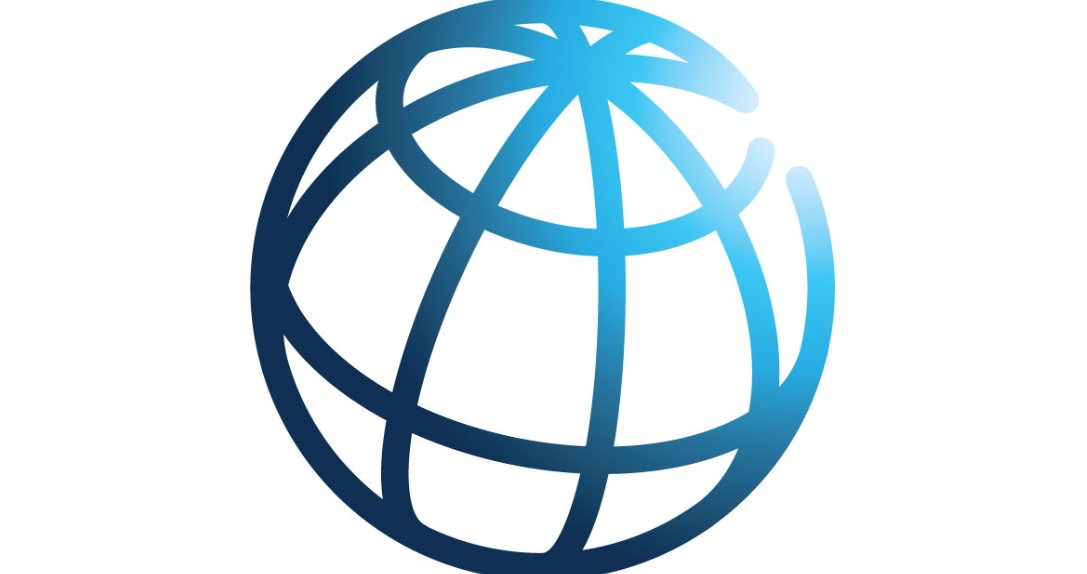World Bank urges G20 to let poorest countries suspend all repayments of bilateral credit

World Bank President David Malpass on Monday urged G-20 countries to let poorest countries suspend all repayments of official bilateral credit due to the adverse impact on their economies due to the coronavirus pandemic. These are difficult times for all, especially for the poorest and most vulnerable, he said in his telephonic address to G20 Finance Ministers on COVID-19.
The first goal of the World Bank Group is to provide prompt support during the crisis, based on a country's needs. It's also vital to shorten the time to recovery and create confidence that the recovery can be strong, Malpass said. Coronavirus crisis, he said, will likely hit hardest against the poorest and most vulnerable countries, those roughly 25 poorest countries drawing on International Development Association (IDA).
"Many were already in a difficult debt situation, leaving no space for appropriate health and economic response. We are ready to frontload IDA19 with up to USD 35 billion and identify additional resources. However, we cannot have IDA resources go to pay creditors," he said. As such he made a call to action to G20.
"I urge all official bilateral creditors of the poorest countries to act with immediate effect to help IDA countries through debt relief, allowing the countries to concentrate their resources on fighting the pandemic," he said. Working to provide a fast response, utilizing all its available instruments, the World Bank President said that countries need to move fast to boost health spending, strengthen social safety nets, support the private sector and counter financial-market disruption.
"Countries will need to implement structural reforms to help shorten the time to recovery and create confidence that the recovery can be strong. For those countries that have excessive regulations, subsidies, licensing regimes, trade protection or litigiousness as obstacles, we will work with them to foster markets, choice, and faster growth prospects during the recovery," he said. Early this month, World Bank and International Finance Corporation (IFC) Boards approved a USD 14 billion package to respond to COVID-19.
Of that, the IFC is making USD 8 billion available in relatively fast-acting financial support for private companies, he said, adding that International Bank for Reconstruction and Development (IBRD) and the IDA will be making USD 6 billion available in the near term to support healthcare. The World Bank is currently restructuring existing projects in 23 countries, many of these through the use of 'contingent emergency response components', he said, adding that it is also preparing projects in 49 countries in a new fast-track facility, with decisions expected this week on as many as 16 country programs.
Malpass said that the World Bank has identified a range of rapid procurement modalities leading to bulk purchases. "And we are working together with other MDBs and the IMF to assess needs, implement the new system, and develop co-financing," he said.
"We are in dialogue with China among other key countries to obtain help with the rapid manufacture and delivery of many of these supplies and are grateful for their positive responses so far," Malpass added.
(This story has not been edited by Devdiscourse staff and is auto-generated from a syndicated feed.)
ALSO READ
World Bank, ARTF support financing for micro and small enterprises in Afghanistan
New World Bank program to expand electricity network through private sector participation in Ethiopia
World Bank allocates USD 16 million to support women-led businesses in Afghanistan
World Bank loans Ethiopia $1.72 bln for power, water supply expansion
World Bank-Sweden report reveals poverty and distributional impacts of air pollution in Tbilisi










